WINTHROP — For some Maine students, the rituals of going back to school might include the purchase of new clothes and notebooks, along with a flurry of last-ditch attempts to enjoy the outdoors, stay up past bedtime and tell ghost stories.
For David Hughes and his family, the end of summer isn’t so carefree. Three of his children have been diagnosed with autism, a developmental disorder that can make social interactions difficult and that can make them sensitive to disruptions in their routines.
As children head back to school across Maine this week, the Hughes family has worked to prepare all summer for the return to school.
“We keep the bedtime routine,” Hughes said. “Other parents may let that slide, but we don’t have that luxury. We need to keep it up the entire summer.”
The Hughes family isn’t alone in making extra plans for summer, when the structure that’s built into the school system tends to evaporate, leaving children with disabilities in the care of family, guardians or summer programs.
The number of Maine children diagnosed with autism spectrum disorders has been growing. In 2016, at least 3,280 students were diagnosed with autism and served by Maine schools, marking an 86 percent surge from the 1,760 diagnosed a decade earlier, according to data from the Maine Department of Education.
That surge is one of the reasons state funding for special education increased over the same decade from $255 billion to $368 billion, said Jan Breton, the state’s director of special services.
Autism has also driven an increase in MaineCare spending on support programs for children with developmental disabilities, accounting for more than half of the $62.7 billion that was spent on those programs in the 2016-2017 fiscal year, according to data provided by a spokeswoman from the Maine Department of Health and Human Services.
KEEP THE ROUTINE
Recognizing that a couple months of vacation could cause his two youngest children to fall behind in school and in their development, Hughes, a stay-at-home dad, has spent the past summer working with them on math and other subjects, as well as on their behavior.
He’s also taken more subtle steps to ensure they have the smoothest possible transition from spring to summer to fall. Even on the hottest days, Hughes hasn’t used his home’s air conditioning, so that his 6-year-old son, Sebastian, and 4-year-old daughter, Eve, won’t be confused when they return to classrooms that don’t have AC.
He’ll soon change the passwords on computers that they normally use to play games and watch videos, so they won’t use them first thing in the morning and will instead know to get dressed for school. He also hasn’t let Sebastian and Eve stay up later than they would during the school year.
Experts on child development agree that kids with autism need to stay occupied throughout the summer, but they also argue that the system for educating kids with the disorder could be more robust.
“The temptation, and I understand it completely, is to park the kid in front of the TV, let them wander onto the iPad, or whatever, so they have time of figure out what to do,” said Vincent Strully Jr., the founder and chief executive officer of the New England Center Children, an internationally recognized center based in Massachusetts that provides educational services to children with autism.
But Strully cautioned against that complacency and said that, in a perfect world, more intensive programs would be available to all children on the autism spectrum.
“Our experience is that’s it’s best for kids to remain in a structured setting of school with smaller vacations,” he said “That’s the idea: we do not stop for summer ever. … An effective behavioral program for children, like medicine, needs to be given for kids every day as prescribed.”
Nancy Ponzetti-Dyer, a clinical psychologist in the Augusta and Waterville areas, also stressed the importance of keeping a routine for children with autism during summer, so that the transition between vacation and school is smooth.
“Kids with autism are going to do much better with structure,” she said. “It helps them overcome challenges with community and social interaction.
Still, those needs aren’t one-size-fits-all, added Ponzetti-Dyer, who sits on the on the board of the Autism Society of Maine, a nonprofit advocacy group based in Winthrop.
“Each child has special needs, so determining what is best for a child over summer has to be done on an individual basis,” she said.
For parents of children with autism who are preparing for the school year to begin, Ponzetti-Dyer recommends visiting the school and acquainting the child to his or her new learning environment. She also recommends working with educators at the end of the school year to develop a learning plan, known as an individual education program, for the year ahead.
NEED FOR FUNDING, TRAINING
The state provides funding for summer programs that are meant to keep children from regressing in their learning, and MaineCare also pays for some children to receive behavioral support during the summer. Representatives from the state were not able to provide a breakdown of how those programs are funded.
Hughes, in Winthrop, said he and his wife, Kendra Hughes, chose to not enroll their two youngest children, Sebastian and Eve, in a summer program available through the special education department at Winthrop Grade School, because it’s not a very large program and he thinks it’s targeted to children with different behavioral challenges.
“We could have asked for more from the school district, but we don’t want to be those parents, we don’t want to be demanding every little bit,” Hughes said.
Having raised another child with autism, 16-year-old Abigail, Hughes also said that he feels confident providing the necessary help to his younger children. Once they get older, he hopes to study to become an educational technician himself.
When talking about his kids, Hughes frequently mentions the “scripts” he tries to give them — that is, speech patterns they can memorize and refer to during future conversations. For example, he has taught Sebastian to greet people with the question, “Do you know my name?” If the person does know his name, that’s a signal the person isn’t a stranger.
But now, Hughes said, he’s trying to introduce a new question that might sound more natural to Sebastian’s elementary school peers: “Do you want to play with me?”
While Hughes said he’ll have more time to work on projects around the house when his kids go back to school, he also said it will be stressful not knowing what they’re doing during the day and, if they’re agitated when they come home, trying to understand what happened.
Cathy Dionne, the executive director of the Maine Autism Society, had a different experience when she was raising her son, Benjamin, who is on the autism spectrum and now 23.
Benjamin is nonverbal, meaning he can’t speak, and now communicates using special devices that let him type his sentences. Growing up, even short vacations were a challenge for him, as the changes to his schedule would bother him and cause him to act aggressively, hitting himself in the face and stomping his feet, Dionne said.
But when Benjamin was 11, he began attending the Margaret Murphy Center for Children, a private school for children with special needs in Lewiston. The school ran for 50 weeks of the year, which kept Benjamin in a routine and led to a drop in the number of aggressive incidents he was experiencing, Dionne said.
The challenge, Dionne said, is that such hands-on programs are not widely available to Maine children. And the summer programs now available through public schools are not always adequate, she continued.
“We really have to look at autism as so different, and the needs are so different,” Dionne said. “Can the school system really do a 50-week program? I don’t think so.”
To improve the access to special education services for Maine families, Dionne thinks the federal government needs to make good on its promise, in the Individuals with Disabilities Education Act, to fund 40 percent of the nation’s costs of educating children with disabilities. It now provides about 15 percent of that funding.
And Strully, of the New England Center for Children, said there is a shortage of workers who can provide the intensive, individualized work that children with autism really need.
“The main problem in autism is a lack of trained professionals these days,” he said.
Charles Eichacker — 621-5642
Twitter: @ceichacker
Send questions/comments to the editors.


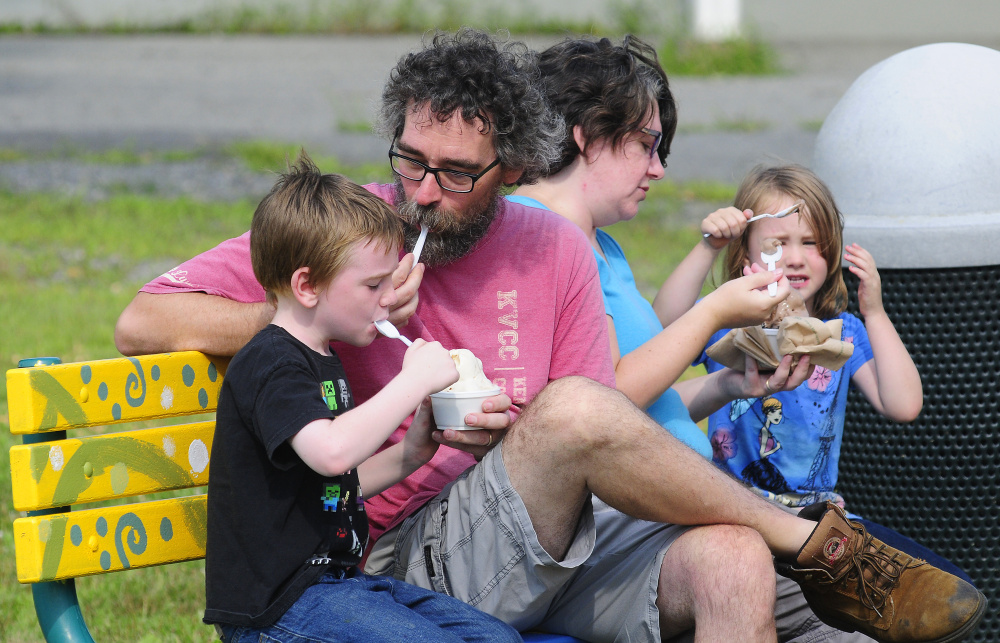
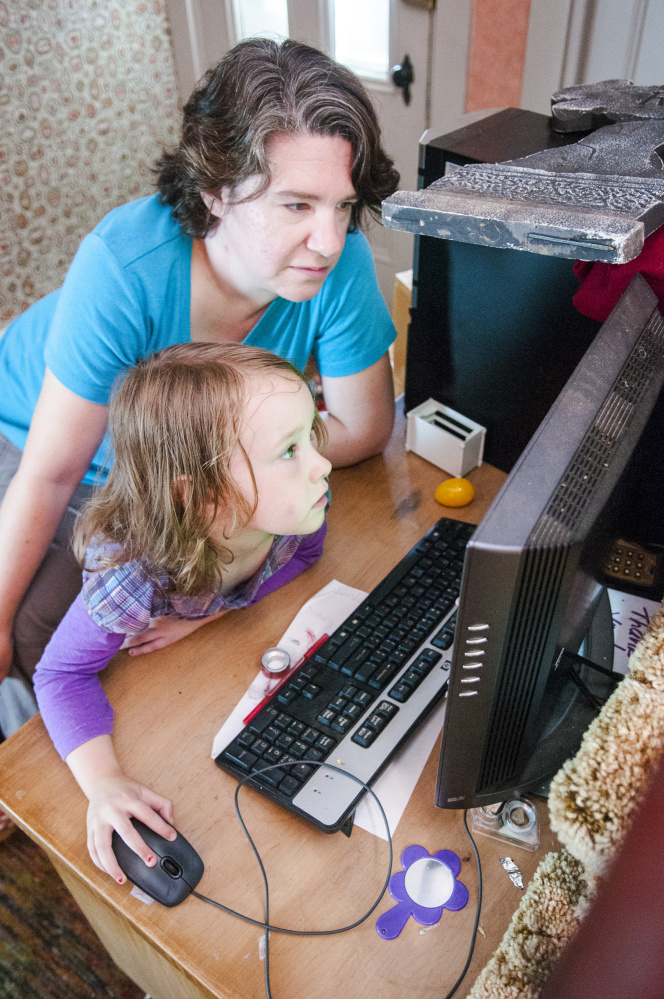
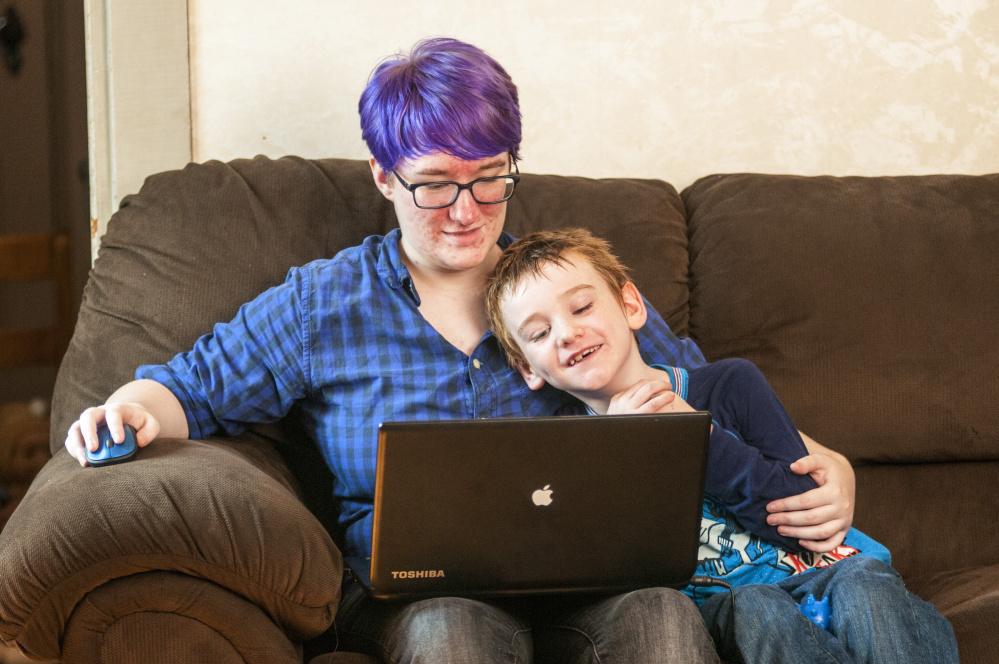
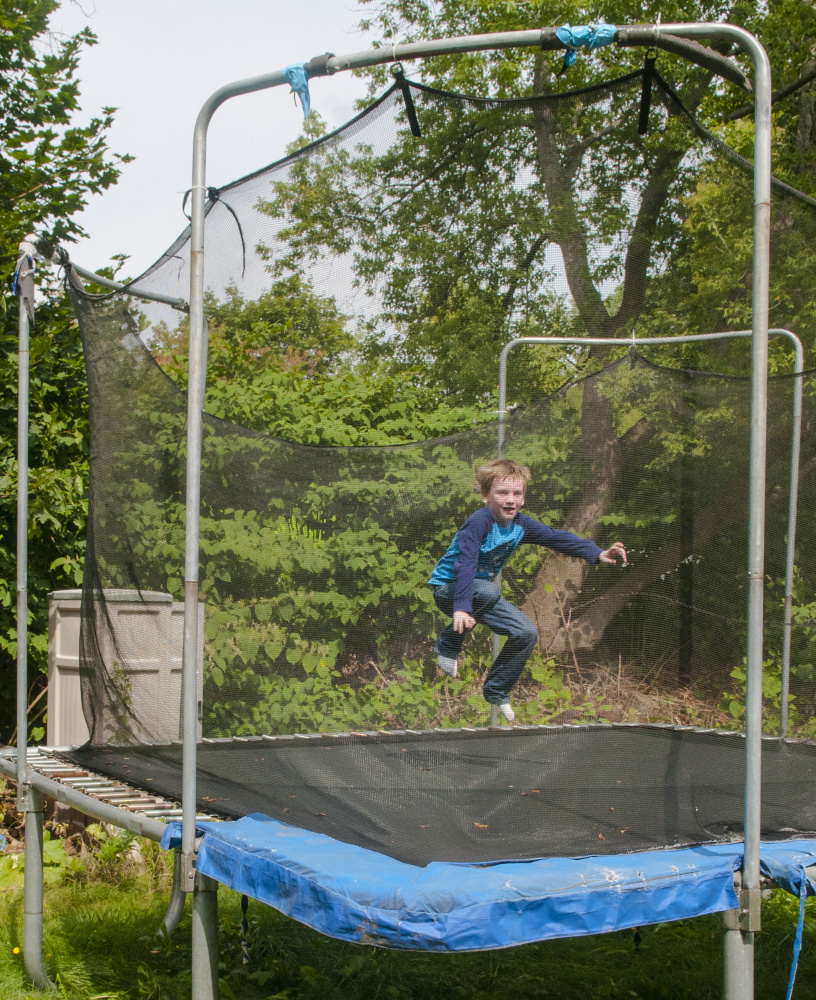
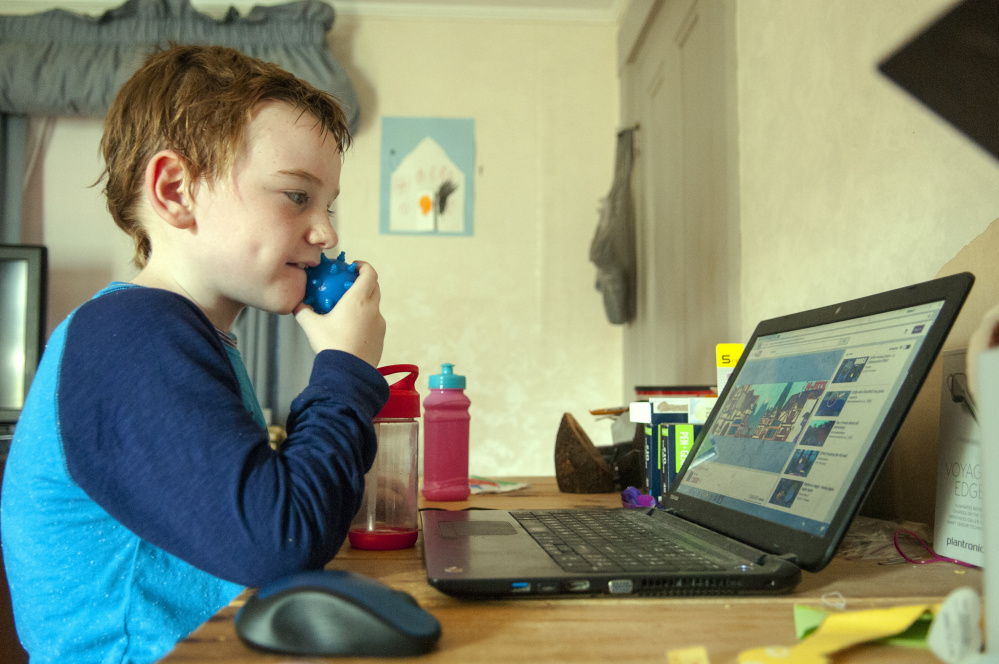
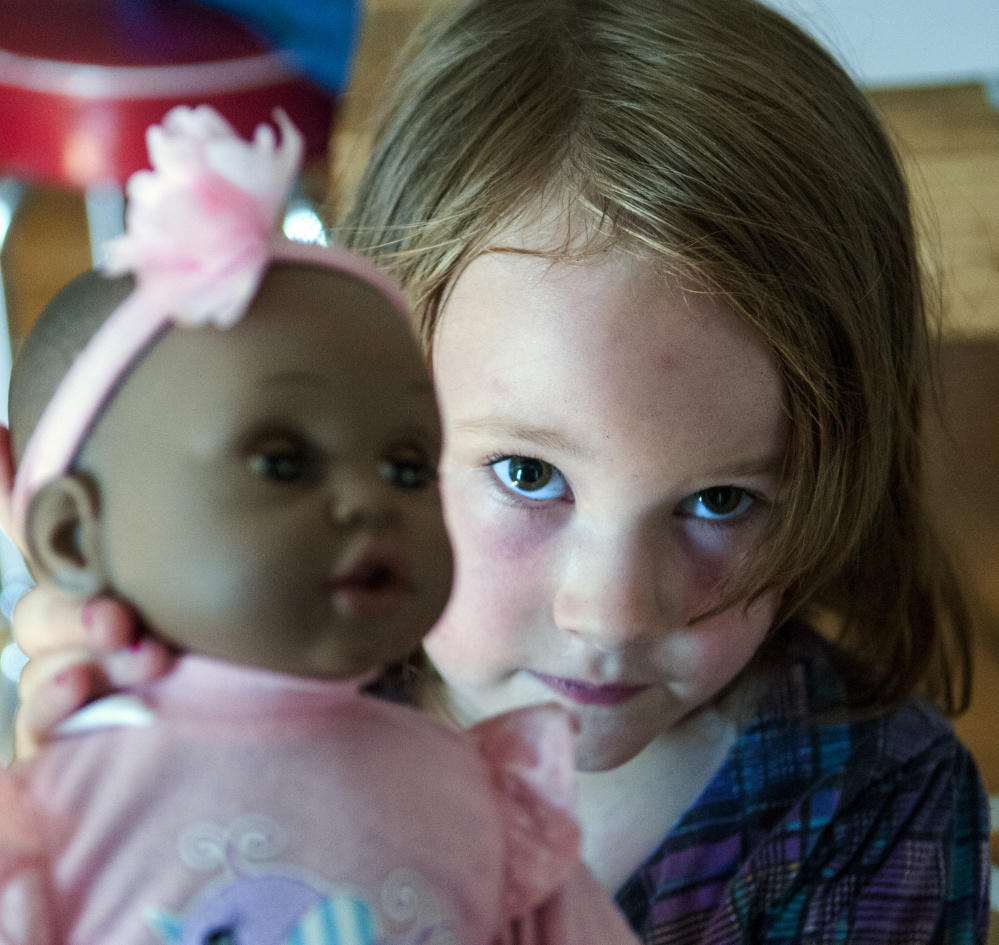
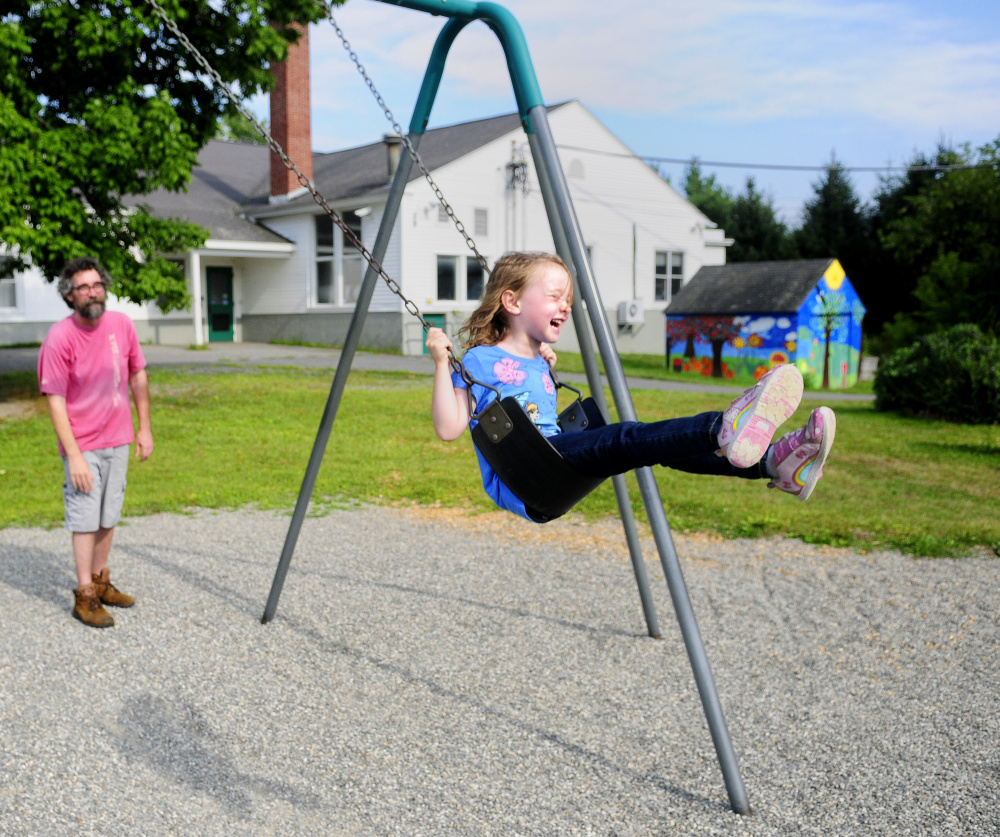

Comments are no longer available on this story